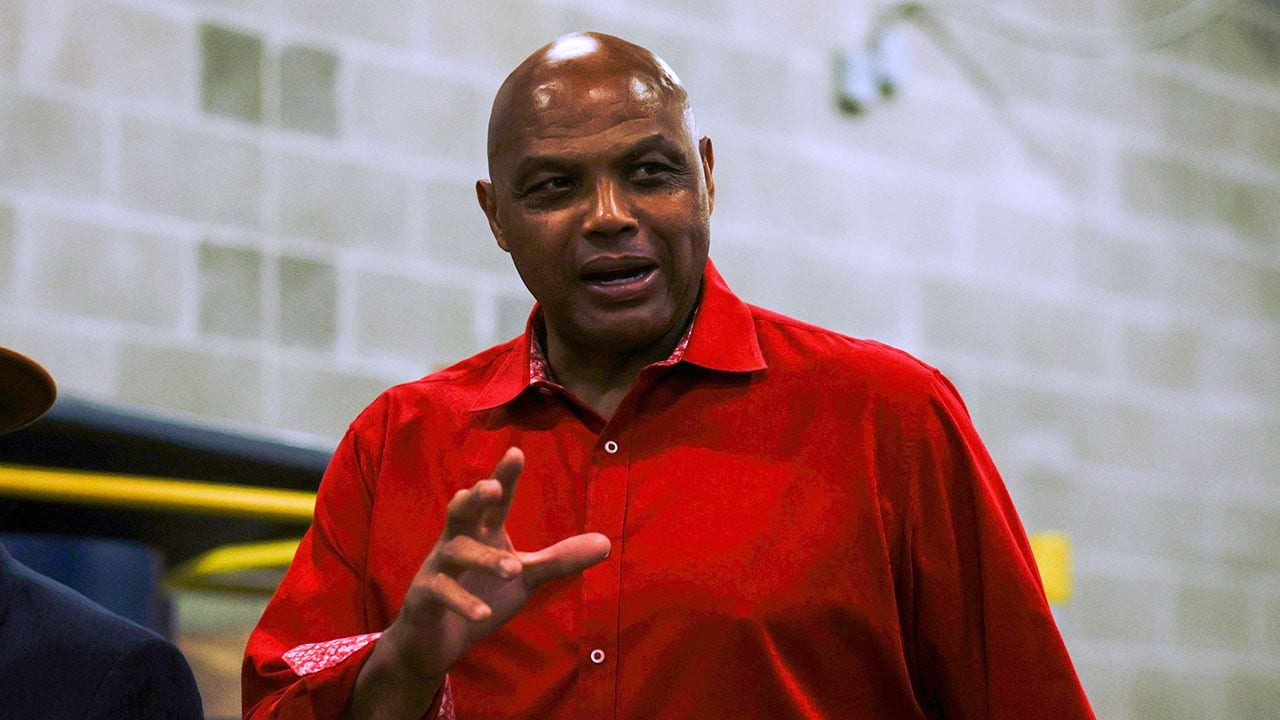Unlock stock picks and a broker-level newsfeed that powers Wall Street.
Andrew Lisa
Sun, Mar 30, 2025, 8:01 AM 4 min read
Personal finance experts have long advised their clients to adopt the spending habits of the frugal — and who could argue otherwise? After all, frugal people spread their dollars further by committing to a life of spending carefully, deliberately and sparingly.
Consider This: 6 Things the Middle Class Should Sell To Build Their Savings
Advertisement: High Yield Savings Offers
Powered by Money.com - Yahoo may earn commission from the links above.
Find Out: 8 Common Mistakes Retirees Make With Their Social Security Checks
But what about their habits around saving all that money they’ve work so hard not to spend? While the thrifty are like everyone else in that no two are alike, they tend to share a few common approaches to saving money that are as efficient and admirable as their strategies for spending it.
Carter Seuthe, CEO of Credit Summit, has worked with many budget-minded clients throughout his years in the financial industry. Along the way, he has noticed a pattern: Cautious spenders tend to place a higher premium on money in the bank than those who are freer with their dollars.
“Frugal people, by nature of spending less money, often have more money in their savings accounts than non-frugal people,” he said. “I often see that frugal people prioritize emergency savings more than non-frugal [people]. It’s difficult to give a number as to how much money the average frugal person keeps in their savings since frugal people can have vastly different wealth statuses.”
There is, of course, no one dollar amount that applies to the savings accounts of all or most people with tight spending habits. But, in most cases, their fiscally prudent lifestyles allow them to do what most people can’t: Save the recommended amount or more.
Read Next: I’m a Bank Teller: 4 Reasons You Should Withdraw Your Savings Right Now
Standard personal finance advice recommends building enough savings to get through a quarter or even half a year without a paycheck. Even so, most Americans have either nothing or barely enough to get through a modest emergency costing a few hundred bucks — not so for those who pinch pennies as a lifestyle.
“Frugal individuals typically maintain a substantial portion of their income in savings accounts, aiming for an emergency fund equivalent to three to six months’ worth of living expenses,” said Michael Ashley, a former high-level manager at Wells Fargo and Citi and founder of the personal finance site, Richiest.com.
“This prudent approach provides a financial safety net, shielding them from unforeseen expenses like medical emergencies or job loss. By prioritizing liquidity and security, savings accounts offer easy access to funds without exposing them to market volatility.
.png)
 German (DE)
German (DE)  English (US)
English (US)  Spanish (ES)
Spanish (ES)  French (FR)
French (FR)  Hindi (IN)
Hindi (IN)  Italian (IT)
Italian (IT)  Russian (RU)
Russian (RU) 







Comments